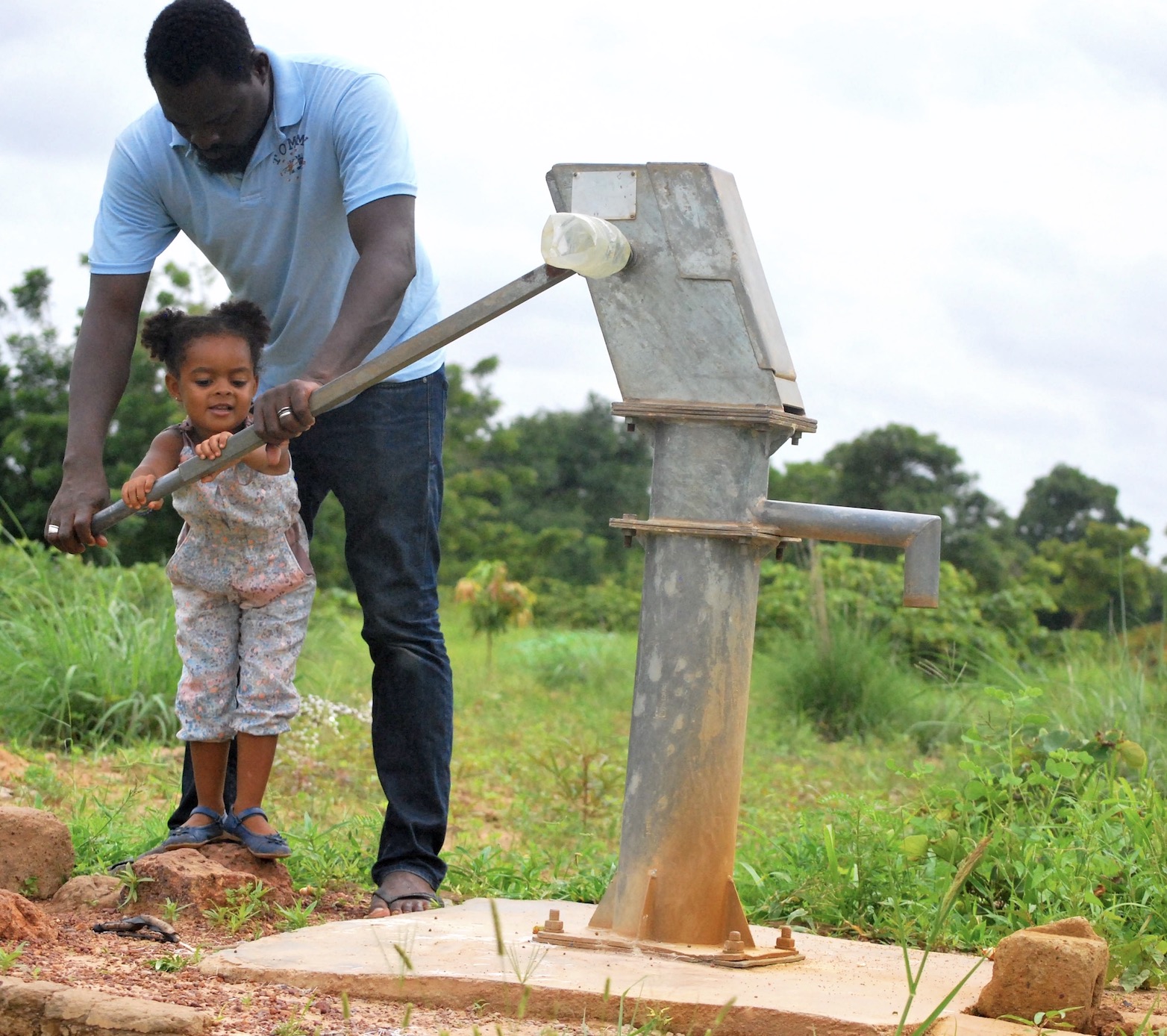Raising Awareness on the Dangers of Consuming Contaminated Water

On this page, we suggest ways in which campaigns, projects and events can be used to raise awareness on the dangers of consuming contaminated water.
Campaigns, projects, and events are effective in raising awareness about the dangers of consuming contaminated water in South Africa because they:
- Educate Communities: Provide vital information on the risks and prevention methods directly to the public.
- Engage and Mobilize: Involve communities in active participation, fostering a sense of ownership and responsibility.
- Leverage Media and Partnerships: Utilize media, influencers, and partnerships to amplify messages and reach diverse audiences.
- Promote Sustainable Solutions: Encourage innovation and practical solutions through hands-on demonstrations and collaborative projects.
To address the serious issue of consuming contaminated water in South Africa, various campaigns, projects, and events can be strategically designed to educate and engage communities, promoting safe water practices and preventive measures. Here’s a comprehensive approach that can be implemented:
1. National Water Safety Month
Initiate a “National Water Safety Month” every March, to align with World Water Day on March 22nd. This month-long campaign could involve:
- Partnerships with local governments, non-profits like the Water Research Commission, and companies like Rand Water.
- Educational Workshops in schools and community centers focusing on the health impacts of contaminated water and practical measures for water purification.
- Media Campaigns using local influencers and radio stations to reach wider audiences, especially in rural areas.
2. Safe Water Ambassador Program
Launch a Safe Water Ambassador Program where trained volunteers from communities, especially youth and local leaders, are equipped to conduct home visits and demonstrate water purification techniques. These ambassadors can:
- Distribute Water Safety Kits containing chlorine tablets, water filters, and educational materials.
- Offer demonstrations on how to use these kits during community gatherings or via door-to-door campaigns.
3. Annual Clean Water Innovation Challenge
Host an annual challenge that invites universities and innovation hubs like The Innovation Hub in Pretoria to develop low-cost, effective water purification technologies. Key features could include:
- Partnerships with technology companies for funding and support.
- Showcase Events where finalists present their solutions to potential investors and government officials.
- Implementation Trials in communities with the highest reports of waterborne diseases, tracked by the Department of Health’s annual statistics.
4. Water Quality Monitoring Citizen Science Project
Encourage community involvement in monitoring water quality through a citizen science project. This could involve:
- Developing a simple mobile app that allows citizens to report water quality issues directly to local authorities.
- Organizing Quarterly Water Health Days where communities can bring water samples for testing, facilitated by the CSIR (Council for Scientific and Industrial Research) and local universities.
5. Documentary Series and Roadshows
Produce a documentary series in collaboration with South African broadcasters like SABC and MultiChoice, highlighting the challenges and solutions around water safety. This series could:
- Feature real stories from affected communities, interviews with experts, and success stories from other countries.
- Be accompanied by roadshows in heavily affected provinces like Eastern Cape and Limpopo, offering interactive sessions and Q&A with water experts.
6. Corporate Partnership Drives
Engage major corporations, particularly those in the mining and agriculture sectors, to sponsor water purification projects as part of their CSR (Corporate Social Responsibility). These drives could focus on:
- Installing community water purification stations.
- Providing ongoing maintenance and training for these stations, ensuring sustainability.
Implementing these strategies can significantly raise awareness of the dangers of contaminated water and promote actions to mitigate this critical public health issue in South Africa.
